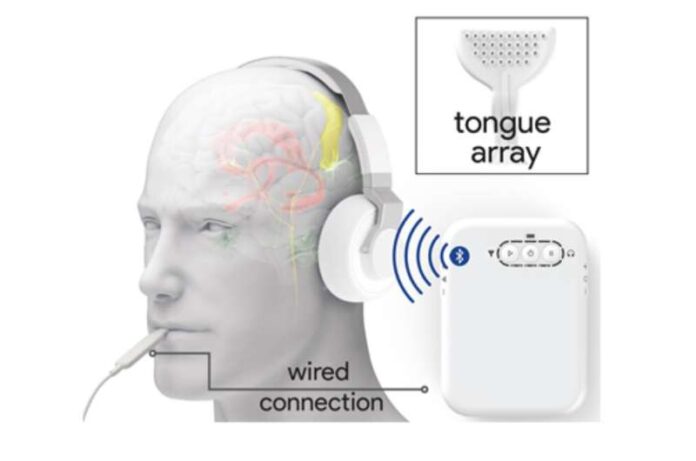What inspired me to write this posting was an annual visit to have my hearing tested. I suffer from tinnitus, a ringing in the ears that has contributed to some of my hearing loss in the last decade. I have diminished auditory response to high-frequency sounds, a hearing loss of 50% on my left side, and less on the right. I started wearing hearing aids in the last year and have been surprised by their ability to dampen the worst tinnitus effects which can sound like hundreds of cicadas in the background. When my tinnitus spikes, using my hearing aids quickly diminishes the sound which can present as buzzing, ringing, roaring, hissing, whooshing, and clicking.
Periodically, cures for tinnitus appear in the media. They can be classified into four categories: sound therapy, behaviour therapy, medication, and surgery. The first two involve retraining the brain. By focusing on the sounds, some therapists believe you can learn to ignore them. Others believe that using cognitive-behaviour therapy can desensitize you to the sounds. Neither of these two have worked for me. I haven’t gone the medical or surgical route and don’t intend to.
Medical professionals who deal with tinnitus include audiologists and otolaryngologists. When you talk to them about the condition, most will admit that no treatment for tinnitus eliminates it in its entirety. Trying to measure the condition is nearly impossible with the advanced medical technologies we have today. Instead, hearing specialists only have a patient’s descriptions of the condition to use for treatment guidance.
In December of last year, I posted to this blog site an article on new research into the cause of tinnitus. I wrote about a technological cure called Lenire which had received US FDA approval. It featured 30-minute sessions which involved a tongue pulse stimulation device designed to retrain the brain to ignore the condition.
Lenire is an example of a medical device that uses bimodal neuromodulation which refers to a simultaneous or sequential application of two different neuromodulation techniques to target specific neural circuits in the brain and modulate or switch off the transmission of signals like the sounds experienced by those with tinnitus.
Bimodal neuromodulation today is being used with a combination of deep brain stimulation (DBS) and transcranial magnetic stimulation (TMS) to treat Parkinson’s disease, a neuromuscular disorder. Another example being used to treat neurological disorders involves combining optogenetics and chemogenetics. Optogenetics uses a technique to genetically modify neurons to express light-sensitive proteins to precisely control neural activity related to light. Chemogenetics activates genetically engineered receptors to control neural activity. The combination is showing promising results in treating epilepsy, addiction, and depression.
An article in The Washington Post that appeared on January 19th of this year caught my attention and led me to revisit the subject. It described the latest bimodal neuromodulation treatments for tinnitus. One of them was Lenire which uses a combination of headphones playing a range of high and low sounds along with background noises while wearing a mouthpiece that sends electrical pulses to the tongue. In theory, the combination causes our brains to focus more on the high and low sounds rather than on the background tinnitus.
According to the Washington Post article, Lenire is one of three bimodal neuromodulation devices and treatments being hailed as game changers in tinnitus treatment. Neosensory’s Duo uses a haptic wristband to produce vibrations that get transmitted through the skin which when combined with synchronized sounds creates a similar treatment outcome. A third technology being developed at the University of Michigan delivers electrical pulses to the neck or jaw while the wearer listens to sounds through a headset.
These bimodal neuromodulation treatments are very different from anything offered to tinnitus sufferers. Studies reported in peer-reviewed journals, however, have used tiny sample sizes for tests. In the case of both Lenire and Duo, these studies have not used a placebo-control group as a means of comparison. Does that matter? As one tinnitus researcher described the Lenire and Duo results, the patients enrolled in these studies may have been experiencing a placebo effect, just being grateful for having been offered any kind of treatment. As one sufferer described tinnitus, “You get to the point where you’d give up your right arm to get rid of the noise.” I couldn’t concur more.
















